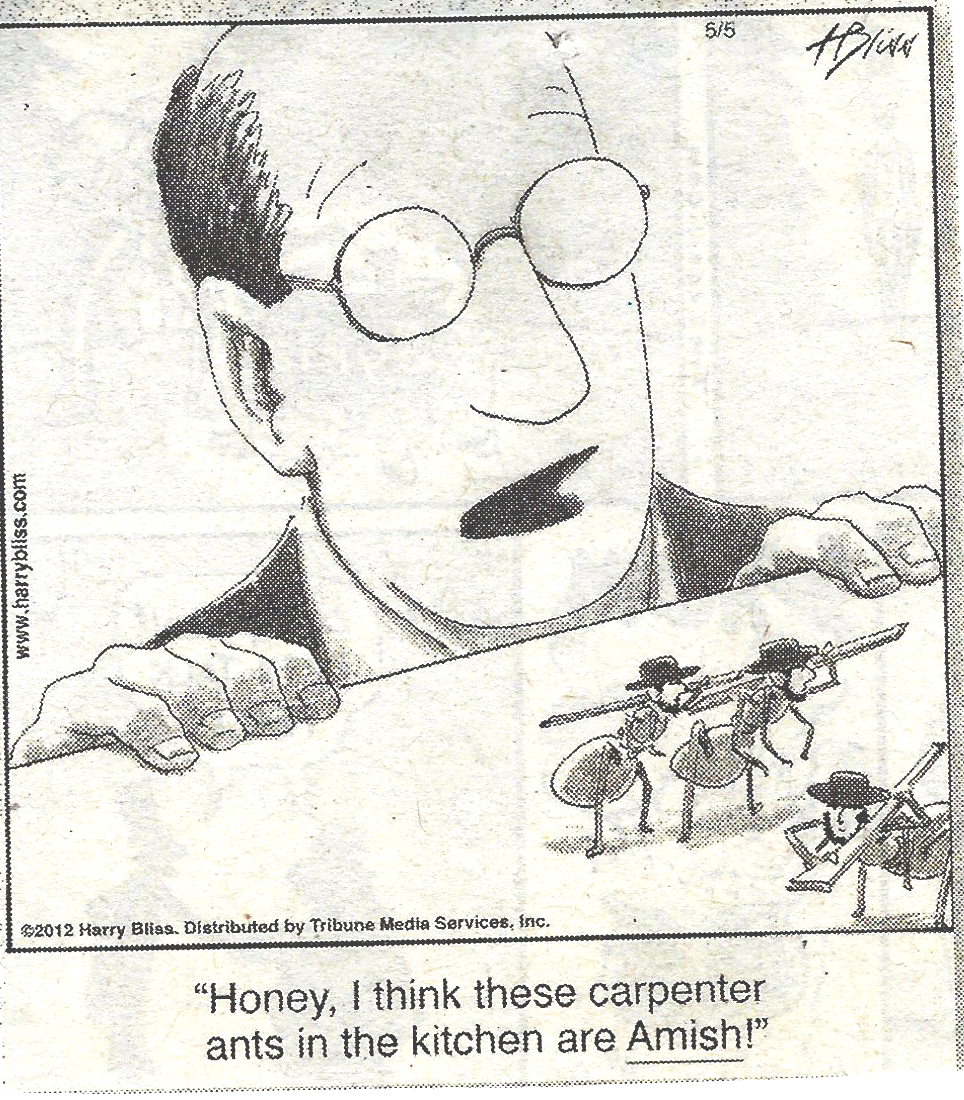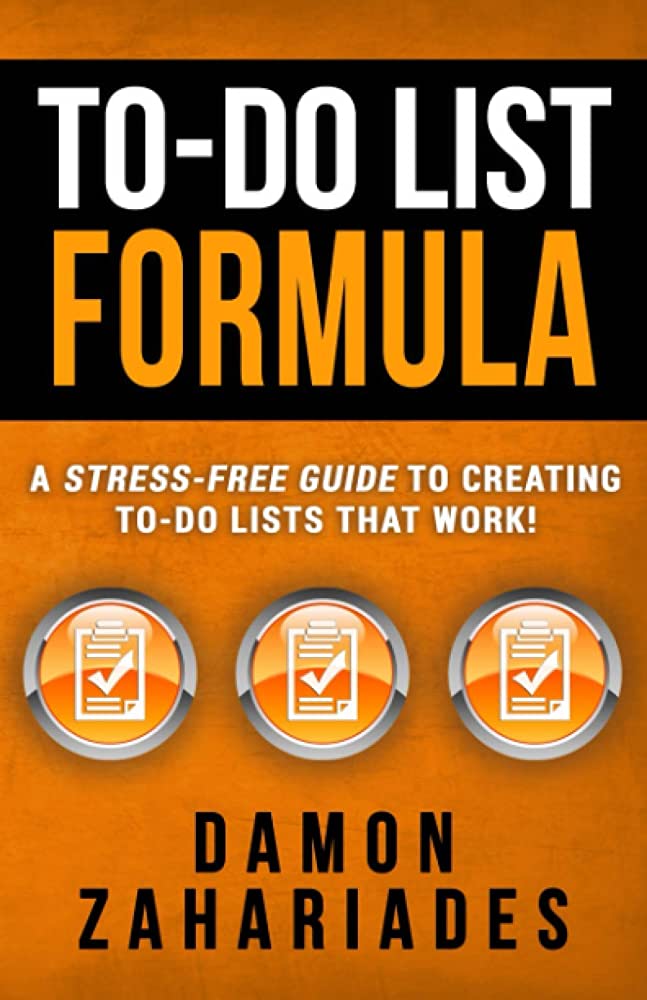LEARN A LITTLE:

What’s Our Focus?
I was talking with a friend recently who is a high-level executive working in the healthcare field. We were getting caught up on things, and I asked her what she was working on.
I would not characterize her as a pessimist, but everything she shared was negative—staffing shortages, high levels of turnover, inflating costs, company politics, negative customer feedback. The list could have gone on had I not interrupted her.
Everything she was focusing on was a problem. It was clear that she was investing all of her energy into finding ways to solve or resolve them. The real problem is that she had become so fixated on what was wrong that she was spending little energy on where she wanted to go or what was right. She was frozen.
The interesting fact is that the reality of focus pertains not only to people but also to organizations. The more we focus on our problems and hurdles, the more insurmountable the obstacles seem, and the harder it is to get where we want to go.
Where we look and what we focus on makes a difference. I remember spending some time with one of my grandchildren who was trying to learn how to master jumping with his pogo stick. He kept falling off. I observed him for a while and noticed that he was looking down at the ground—and down on the ground he went. He took my advice and looked at me while he jumped and not at the ground. It made the difference. He jumped successfully.
It’s my experience that for the most part we can only focus our attention on one thing at a time. If people and organizations concentrate on goals—what they want and where they want to go—instead of on what’s wrong or what they don’t want, they are much more likely to get there.
I remember a tragedy that occurred many years ago. Karl Wallenda, a skilled tight rope walker, who was considered the best of the best, attempted one of his daredevil skywalks on a rope between two very tall buildings. Unfortunately, he lost his balance and fell to his death.
What had happened? A subsequent interview with his wife and others revealed the fact that Wallenda had become preoccupied with an idea that he had never entertained before. It seemed as though he was now only focusing on not falling rather than crossing safely.
Think about this same behavior in sports, whether in playing ping pong or football. When we are playing not to lose, we usually lose. Even in life, it’s better to be on offense than defense.
What happens in the organizational arena? Focusing on the positive and what you want doesn’t mean that you neglect flawed efforts, errors, poor quality or staffing issues. In fact, systems should be in place to monitor variance from standards or performance shortcomings.
For long-term success, however, the focus must be on the objective—what we want—not on what we don’t want. It’s why goals and objectives are so important and why progress, getting better needs to be our focus.
Such an orientation carries energy and enthusiasm with it while contributing to the development of a positive organizational culture.
LAUGH A LITTLE:

REFLECT A LITTLE:

Proverbs 8:11
For wisdom is better than rubies; and all the things that may be desired are not to be compared to it.
READ A LITTLE:

To-Do List Formula: A Stress-Free Guide to Creating
To-Do Lists That Work
Damon Zahariades (Art of Productivity, 2016)
I’m sure most readers of this blog use “to-do lists,” some on paper, some on the web. The truth is that having a to-do list, actually a couple of to-do lists, is a very important part of my daily routine. I do not use any of the well known, commercial products. As a result, I am always curious to know if my planning approach is as effective as others.
Recently I came across To-Do List Formula: A Stress-Free Guide to Creating To-Do Lists That Work. It’s a short, easy-to-read book of 131 pages.
While I didn’t harvest any brand new ideas, I was glad I read the book. It was a good refresher and offered some helpful insights into the business of planning. It would be a very good book for young supervisors and managers to read.
There were many helpful reminders and suggestions throughout the pages:
- “Make sure you are working on the right things at the right time.”
- “When it comes to getting things done, focus on where the battle is won.”
- “A to-do list without a deadline is a wish list.”
- “To-do lists need to have a task context: priority status, a time to complete estimate and goal impact.
- To-do task items need to be specific and not be co-mingled with projects that span a larger time frame.”
- “It’s important to be positive in addressing to-do lists. Our emotions, especially negative ones, often impair our approach, performance and completion.”
Zahariades also identified other areas of to-do list importance where I had become lax.
- Keeping an up-to-date—perhaps monthly—master list of all of the to-do items you have identified that will at some time need attention, separate from your daily list. This approach is certainly better than having all of your ideas rolling around inside your head. Besides, you can always cross items off your list if deemed no longer necessary. My approach is to keep two master lists—one for my job and another for my household or non-work life.
- I had developed the bad habit of just writing down the tasks on my to-do list as I thought of them, either the night before or when I got out of the shower in the morning. As a result, the items on my list were not prioritized in a helpful fashion. It is much more effective to group the “big” items together—those that will take the longest to complete. The “small” items should be those that can be accomplished the most quickly.
- Using a batch list for “quick” but important tasks was another area of organizational discipline from which I had strayed. A batch list approach for me involves taking those items that take ten minutes or less that can be addressed during a dedicated period of time (i.e., telephone calls, brief emails, scheduling a meeting, etc.). This approach minimizes the chance these “quick” or small tasks will become a distraction or momentum breakers.
Until next time,
Art Dykstra
Purchase this and other recommended books at your local bookstore or through the HighTidePress.org bookstore.
All High Tide Press sales benefit persons with disabilities.
Cherry Hill Consulting Group and High Tide Press
are Visions of Trinity Foundation - 101 Hempstead Place, Joliet, IL 60433


